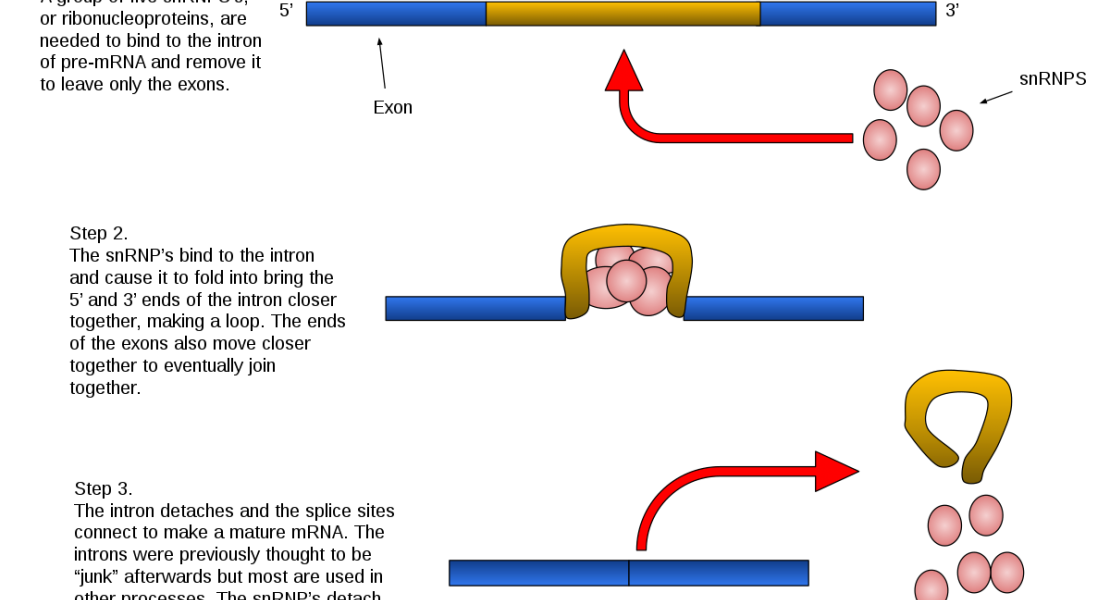A Small RNA-Catalytic Argonaute Pathway Tunes Germline Transcript Levels to Ensure Embryonic Divisions

Abstract
Multiple division cycles without growth are a characteristic feature of early embryogenesis. The female germline loads proteins and RNAs into oocytes to support these divisions, which lack many quality control mechanisms operating in somatic cells undergoing growth. Here, we describe a small RNA-Argonaute pathway that ensures early embryonic divisions in C. elegans by employing catalytic slicing activity to broadly tune, instead of silence, germline gene expression. Misregulation of one target, a kinesin-13 microtubule depolymerase, underlies a major phenotype associated with pathway loss. Tuning of target transcript levels is guided by the density of homologous small RNAs, whose generation must ultimately be related to target sequence. Thus, the tuning action of a small RNA-catalytic Argonaute pathway generates oocytes capable of supporting embryogenesis. We speculate that the specialized nature of germline chromatin led to the emergence of small RNA-catalytic Argonaute pathways in the female germline as a post-transcriptional control layer to optimize oocyte composition.
